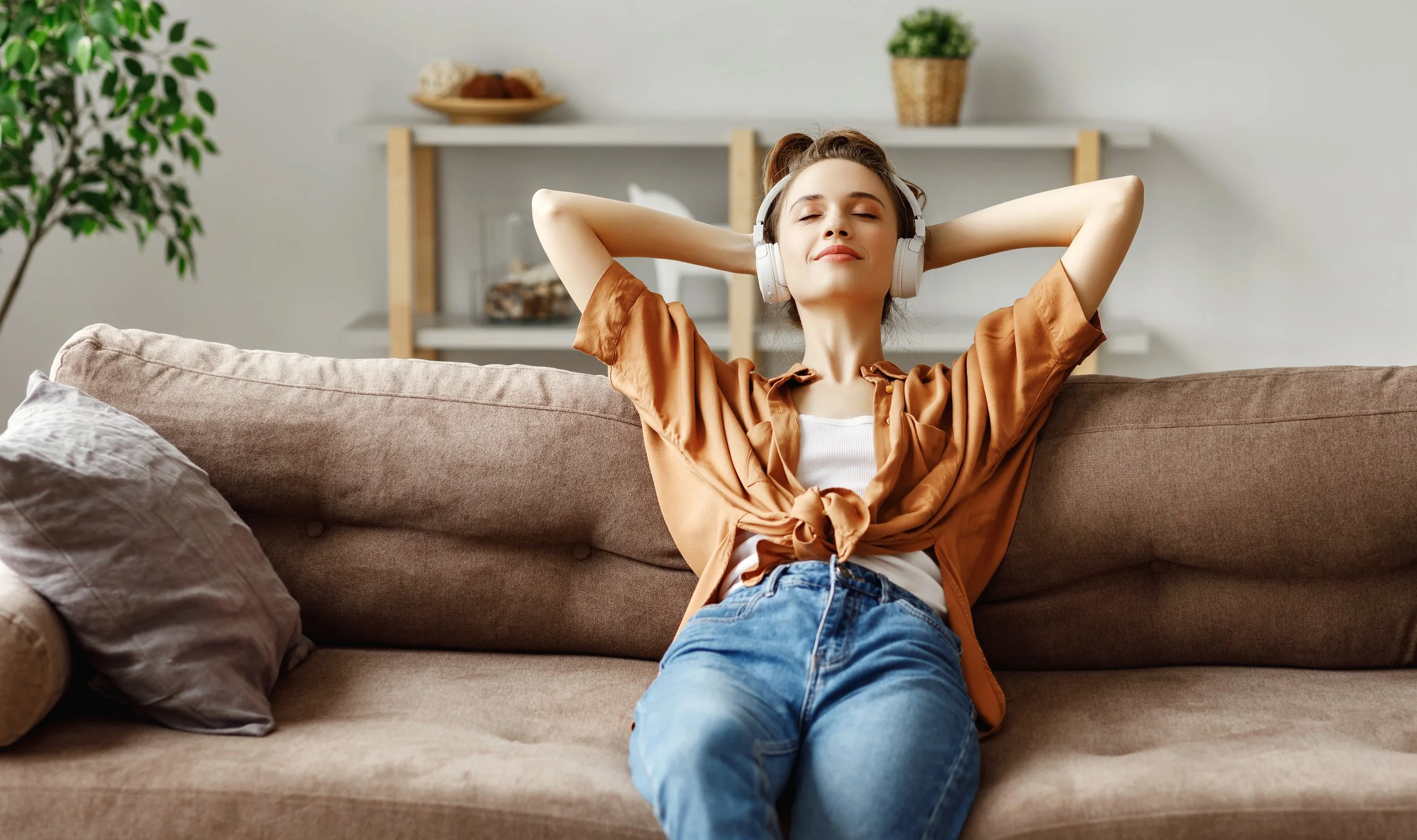Feelings of isolation are some of the most dangerous and unaddressed in patient life. When patients feel like they are alone in their struggles, they don’t reach out for help because they think that no one else can possibly understand how they feel. Or they think it’s an indication of strength that they figure things out on their own. But a burden distributed is a burden more easily lifted.
We are coming off a years-long pandemic where isolation and loneliness were part of the prescription for survival. There were plenty of lonely people before that, but as with many things, the pandemic exacerbated the situation and perhaps dragged it out of the shadows a bit. In the last few months of 2022, I seem to recall a slew of articles talking about the ‘loneliness epidemic.’ They talk a lot about the official definition of loneliness, how bad it is, and how many people feel lonely, but they don’t talk a lot about what that really means.
In the simplest terms, loneliness is to literally be alone, without companions or friends, and there are multitudes or studies that show human contact is good for you. One of the easiest (logistically, not emotionally) ways to get enough human contact is to live with someone, and one of the ways to get the most human contact is through a relationship with a significant other. How many couples do you know who moved in before they planned to during the pandemic in order to maintain their relationships while minimizing COVID exposure?
But some of the loneliest people I know are in relationships. That’s because it’s not just about being around people. It’s about feeling connected to them. Sometimes that means surrounding ourselves with friends and colleagues, and others with whom we have something in common. But sometimes you can build connections without others – to nature, to yourself. It’s a sliding scale. People need more or fewer people in their lives for more or less time to feel satisfied and connected.
I had an interesting conversation recently with a loved one who has gotten into the habit of closing 90% of our conversations with a statement of optimistic hope of a change in my relationship status. I know this is because they want me to be happy and that they are oriented in a way that they believe people can only be happy when they are in a relationship. Based on my own anecdotal experience, this is a common belief. But it is not the only belief. Sure, I know plenty of people who are not happy unless they are in a relationship. But I also know people who prefer the company of their pets to other people. And then there are those like me, who can take it or leave it. If it happens, great. If not, that’s great, too.
In the end, my loved one and I discussed how different we are. They have had three long-term relationships over their adult life, with just a handful years where they weren’t in one, or at least dating. By contrast, I have been lonely most of my life. In fact, I have lived on my own since 1998, junior year in college. I socialize with friends, max once a week, but I work out of my apartment, alone with a garden on my balcony and fantastic views from my windows. And the funny thing is, lonely as I am sometimes, I like the life I have built for myself, and the aspects of it that come from being alone – flexibility, spontaneity, quiet.
It makes me happy, lonely or not.

